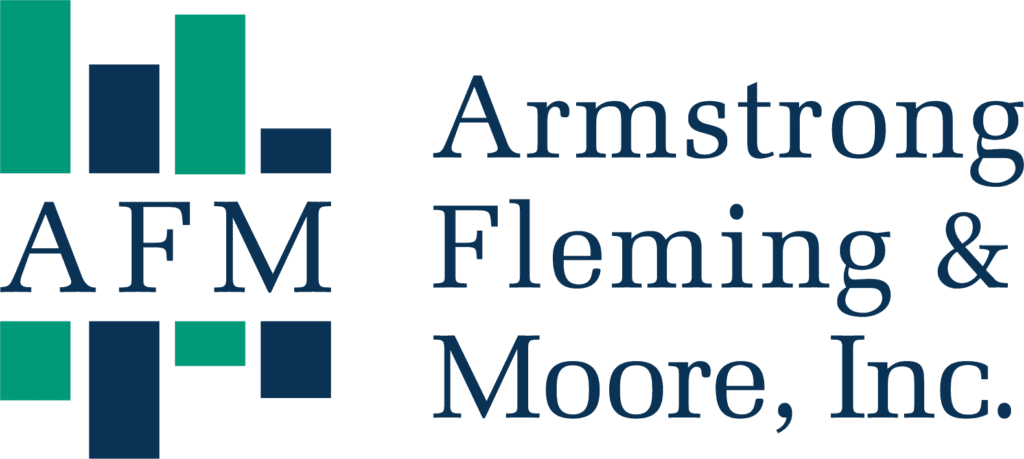With the cyclical nature of the stock market and the current bearish trend it is showing, there may be an opportunity to convert some retirement assets to Roth assets. This opportunity comes with factors that may be specific to different circumstances that we will review below.
A Roth conversion is the process of transferring a portion or all retirement funds (depending on your personal situation) from a traditional-type IRA or 401(k) into a Roth account. One of the most important things to note is the amount converted into Roth assets will be taxed at ordinary income rates the year it is converted, and it allows for the Roth to grow tax-free, without the need to take required minimum distributions (RMDs).
Example 1 – A Roth conversion could be great strategy for individuals who believe they will be in a higher tax bracket later in life. Higher income in retirement years could be caused by pensions, RMDs that must be withdrawn after a certain age, or potential inheritances. By paying income taxes on the funds now, at known tax rates, they avoid the risk of paying a higher tax rate on withdrawals later, at unknown future tax rates.
Example 2 – If someone has a period in which they have had lower earnings, are in-between jobs, have retired from a job and have not started taking RMDs yet, or have any substantial deductions (medical, charitable, etc.) they can claim against income for the year, it may make sense to do a conversion. Doing so may keep them from getting pushed into a higher marginal tax bracket in future years.
Example 3 – Another great advantage of shifting money into Roth IRA is for estate planning purposes – Roth IRAs are not subject to RMDs during the lifetime of the owner and can be left to heirs untouched and tax free. After the passing of the SECURE Act, any distributions to children or other non-spousal beneficiaries must be taken within 10 years of one’s passing. This withdrawal can be tax-free (based on certain qualifications) from the Roth IRA versus being included in ordinary income from Traditional IRA accounts.
After careful consultation with a financial and tax advisor, Roth conversions can be done in a piecemeal manner i.e., a different amount every year. This approach can help individuals benefit from the tax-free growth, but not push them into a higher tax bracket for that year. Something to be cognizant of is that the funds used to pay “additional income taxes due” because of the conversion should ideally be available outside of retirement assets, so that any funds withdrawn from a Traditional IRA to convert into a Roth are not lost to pay taxes.
With the stock market’s decline this year, one can liken a conversion to getting a Roth IRA on sale. When markets are down, the value of one’s IRA could be lower than normal, thus triggering a lower tax expense when converting to a Roth account. For example, let’s say at the beginning of the year your traditional IRA was valued at $100,000 and by the end of May, it was worth only $70,000. If you converted the whole balance of the Traditional IRA to a Roth IRA, you would only pay taxes on the conversion of $70,000 instead of $100,000. This combined with the high probability that the Roth account will grow to be worth much more when tax-free withdrawals are eventually taken means now could be an opportune time for some to perform a Roth conversion.
While there are many benefits to a Roth conversion it is also important to note some potential consequences that may stem from this move.
- It will increase one’s adjusted gross income (AGI) due to conversion
- IRA funds used to pay taxes are not available for retirement
- The individual could be temporarily pushed into a higher tax bracket
- If one is of qualifying age, it could lead to higher Medicare costs as well as taxes on social security income temporarily
- There is a minimum five-year waiting period before withdrawal – regardless of your age
If done right, a Roth conversion can be a great strategy to use for tax and estate planning. This time may be right for some folks, but it is strongly recommended that you discuss with both a financial advisor and tax professional, so any consequences of this decision on one’s financial well-being are understood and anticipated.
Presented by Sumedha Malhotra, CFP® and Jack Russell


